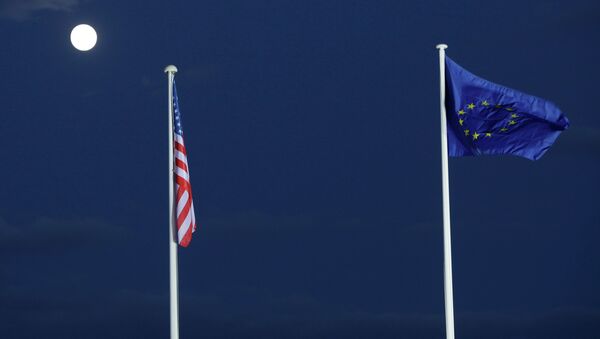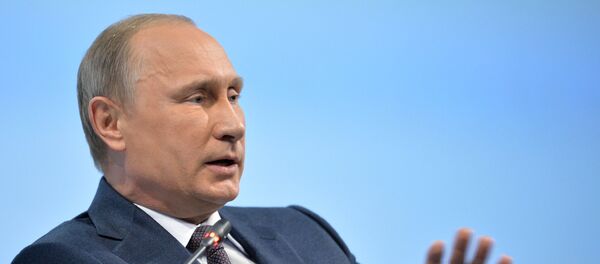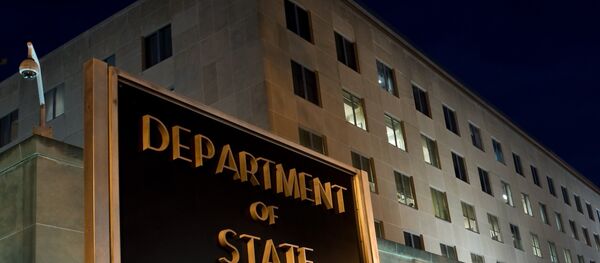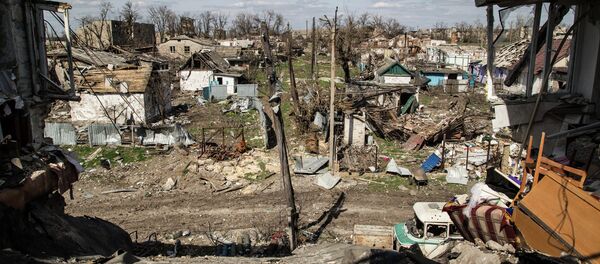On Monday, the EU moved to extend its economic sanctions policy against Russia, imposed over the Ukraine conflict that began in early 2014, for an additional six months. The decision did not come as a surprise to Moscow, especially as the EU warned last week that an extension would be implemented.
Giulietto Chiesa, a former member of the European Parliament, was also not surprised by the decision, adding that it was done at the command of the United States and was not in the interest of the member states.
"They are acting like vassals on the orders of the United States," he told Sputnik. "The European leaders are not free, cannot act freely and they are not free to take their own decisions in their own interests."
Chiesa added that, though the decision was made unanimously, it "does not mean that Europeans agree with the American behavior." Rather, he explained, the decision to extend the sanctions is a result of the "very harsh and very powerful pressure" exerted by the US.
While the sanctions may deal a harsh economic blow to Russia, Chiesa said, they will also severely harm the economy of European states. As an example, he cited three European newspapers that estimated that the damage resulting from the sanctions in Europe has risen to roughly "$100 billion on one year and 2 million jobs lost by the European economy."
"That means that the insistence from the United States, from Washington, on sanctions against Russia is at the same time a serious blow to the European economy and to European independence."
What these sanctions represent, according to Chiesa, is the US’ determination to punish Russia, which it baselessly and hypocritically accuses of meddling in Ukrainian affairs, even at the expense of its own allies.
"This means that there is a double meaning in this operation coming from the United States," he said. "It is to create a situation where Europe cannot act independently and cannot act safely. It is extraordinary aggression coming from the United States and going against its own allies and against the main enemy all together."
As to the efficacy of the sanctions, Chiesa said "I don’t believe that sanctions will function in a sense that the United States would like."
Because "banks, businessmen, big enterprises want to continue to have relations with Russia," Chiesa believes they will find a way to work around the sanctions.
"I believe in the end of the day this operation will not succeed in full," he said. "In part it will succeed because the Americans can control the situation, especially financing, but for the rest including trade, commerce – these will be much more difficult."
Chiesa added that the Obama administration’s confrontation with Russia also means that Washington will "respond very harshly" to Europeans who "will not be obedient." Here, he cites the Greece debt crisis as an example, saying that the US wants to ensure that Greece remains in the EU out of fear that it might turn to Russia instead.
"The fact that the United States seem to encourage Europe to find a solution to maintain Greece inside the Euro and inside Europe is simply dictated by the fear that Greece could be tempted to go in another direction, outside Europe and toward Russia."





